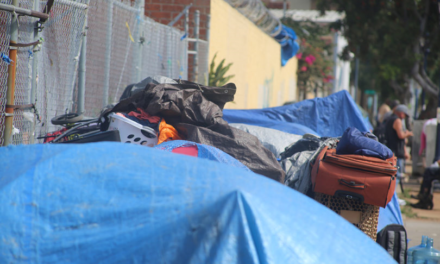
San Diego, CA–The County Board of Supervisors Tuesday received the results of a new local survey with details about why some are still hesitant to get vaccinated and approved an investment of $24 million in federal funds to support COVID-19 response in high-risk communities.
First, the Board received an update on COVID-19 rates in San Diego County.
The number of local COVID-19 cases has been rising the past few weeks, increasing the case rate from 1.9 cases per 100,000 residents on June 15 to 3.7 cases per 100,000 residents now. The daily case count increased to 355 on July 12 and has been at or above 200 for the last seven days.
“We are now seeing about double the number of cases that were being reported a month ago,” said Wilma Wooten, M.D., County public health officer. “This has led to a 46% increase in hospitalizations and 10% uptake in intensive care unit admissions in the past few weeks. We expect further increases in ICU admissions since they lag behind the trend in cases and hospitalizations.”
COVID-19 variant cases also are increasing. Ten variants have been identified in the region, four of them having been designated as variants of concern, including the Delta variant. To date, 107 cases of the Delta variant have been reported in the region.
The Board also received an update on the second countywide vaccine confidence survey. The survey was conducted between June 13 and 24 to determine the most common concerns among residents who are reluctant to get a COVID-19 vaccine.
The survey identified three focus areas: County residents who received their first shot of the COVID-19 vaccine and are overdue for their second dose, residents who are hesitant about getting the vaccine because they feel they do not have enough trusted information, and San Diegans who are vaccine-resistant.
Residents who stated they were unlikely to get vaccinated were most concerned about the potential side effects of the vaccines. Another common concern was that vaccine development was rushed.
The survey also showed a divide among race/ethnicity and gender lines. Close to half of the men who responded to the survey said they were likely to eventually get vaccinated, while only one-third of women planned to get vaccinated. About half of all respondents of color said they were likely to get the vaccine, while nearly two-thirds of white respondents said they were unlikely to do so.
The findings of the survey were shared with the medical community last week to better help physicians and providers address patient concerns surrounding vaccinations. The county is in the process of tailoring messaging, creating tools, and working with its partners to increase access to information in areas with low vaccination rates.


